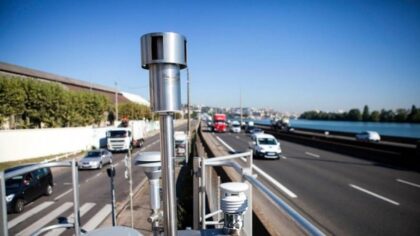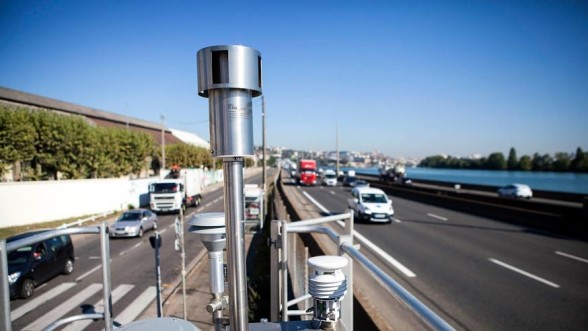 Since every cloud has a silver lining, the coronavirus pandemic at least has had a positive environmental impact since restrictive public health measures to stave off a worsening pandemic were put in place.
Since every cloud has a silver lining, the coronavirus pandemic at least has had a positive environmental impact since restrictive public health measures to stave off a worsening pandemic were put in place.
The stay-at-home orders, the closing of schools, offices non-essential trades and some factories, the increase of tele-working, the induced limited road traffic and the grounding of aircrafts have all contributed to improving air quality in Morocco.
The assessment was made by the Department of the Environment and the National Meteorological Directorate which has just released the results of a preliminary study on the environmental impact of the pandemic.
The study is based on data collected by a monitoring station in the city of Marrakech and covers the period from November 2019 to April 8, 2020.
The first results of this evaluation show significant reduction rates of air pollutants, in particular a 55% reduction of nitrogen dioxide (NO2), 70% of carbon monoxide (CO) and 67% of particulate matters.
The UNCTAD also noted that the pandemic has been associated with significant reductions in air pollution and greenhouse gas emissions.
The pandemic inflicted substantial economic and social shocks with a drop in global production, consumption and employment levels, which resulted in a slash in greenhouse gas emissions, UNCTAD stated.
As a result, air quality levels in the world’s major cities improved dramatically in March and April. Air quality improved largely because of a reduction in factory and road traffic emissions of carbon dioxide (CO2), nitrogen oxides (NOx) and related ozone (O3) formation, and particulate matter (PM).



